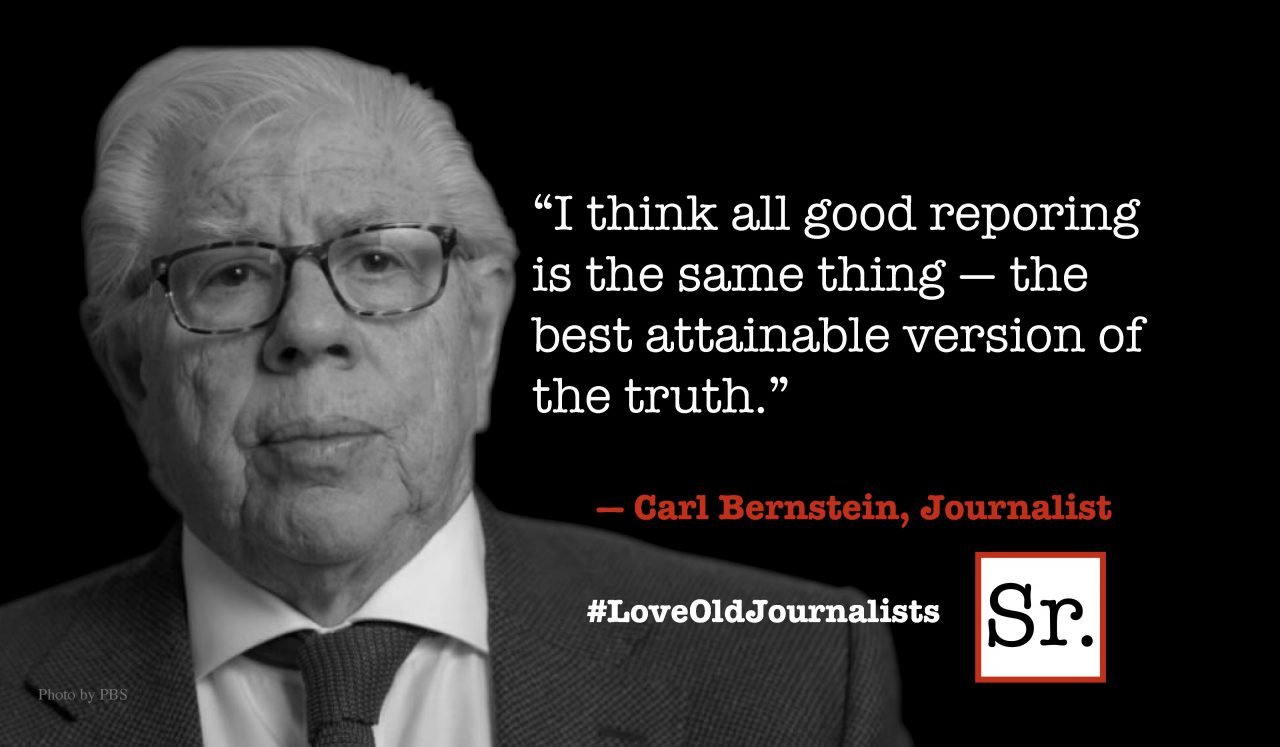A great movie isn’t too long or too short. I takes precisely the time it needs to tell its story and make its points with maximum impact. Like Goldilocks’ porridge, it is just right — and deeply satisfying.
Once in a while you find a film that actually leaves you wishing it went on a little longer. That’s good, too. Leave ‘em wanting more is a viable approach.
But I’ve found over the last quarter century that most films wear out their welcome long before the closing credits. They may start strong, but like every horse I’ve ever bet on, they fade in the stretch.
Possibly I’m lost in the fuzzy haze of Turner Classic Movies, but it seems to me that in Hollywood’s heyday movie makers weren’t afraid to start slow and build in intensity. After all, the single most important feeling you carry away from a film is that with which you leave the theater.
Nowadays I usually leave feeling frustrated and wishing I’d left a half-hour sooner.
No doubt there are many reasons for this phenomenon, but one big one involves the process by which scripts are read and approved.
Very few people with the power to greenlight a movie actually spend all day reading screenplays. That job is assigned to low-level types who pore through stacks of manuscripts submitted by desperate writers. The odds are that there won’t be anything interesting in a given day’s reading, but their job is to search for the glimmer of cinema gold.
These readers are often recent M.B.A. graduates who don’t know squat about art but are obsessed with making headway in one of the most glamorous businesses on the planet.
They’re after money, fame and power. They all want their bosses’ jobs. This is their entry-level opportunity.
So imagine you’re a screenwriter. You know that your work is buried among dozens of screenplays stacked in a reader’s inbox. How are you going to get his/her attention so that your precious baby isn’t tossed onto the rejected pile?
The most obvious way is by front-loading. Take every interesting idea you’ve got and put them in the first three pages.
Forget about a slow build to a deeply satisfying conclusion. Unless you hook one of these aesthetic mouth-breathers right off the bat, you’re cooked.
I think this is why we’re in the era of great movie openings and awful movie endings. Front-loading helps a movie get made — it keeps the reader reading — but it doesn’t make for a good movie.
Instead of building to a slam-bam conclusion, too many of today's films simply drift away.
Along with our interest.









